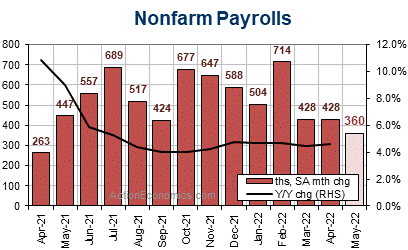German inflation figures for January came in lower than expected, signaling a slowdown in price pressures and prompting speculation about the ECB’s upcoming policy decisions.
The Euro (EUR/USD) retraces its recent losses following the release of German and Euro Area Q4 data, surprising markets with a downturn in inflation. Despite expectations of ECB rate cuts, the currency finds support around key technical levels, awaiting further guidance from central bank officials.
German inflation fell by more than anticipated in January, according to official data released today, marking the lowest level since June 2021. Notably, goods inflation experienced a sharp decline, with energy costs dropping by 2.8% compared to December’s 4.1% increase. Similarly, food inflation decreased from 4.5% to 3.8%.

These unexpected figures have led to a reassessment of market expectations regarding the European Central Bank’s (ECB) monetary policy. Speculation is growing that the ECB may begin to reduce borrowing costs at its upcoming meeting on April 11th. Currently, Euro Area interest rate probabilities suggest a 75% chance of a 25 basis point cut at the beginning of Q2, with the Deposit Rate potentially declining to 2.50% by year-end.
Despite the recent decline in the EUR/USD pair, which briefly dipped below 1.0800 on Tuesday, it did not test a prior level of horizontal support at 1.0787. Currently trading on either side of the 200-day simple moving average around 1.0840, the pair is expected to remain around this level ahead of the evening’s Federal Open Market Committee (FOMC) meeting.
Chair Jerome Powell is anticipated to leave US interest rates unchanged but may provide additional details about when the Fed will commence interest rate cuts during the post-decision press conference.
Data from IG retail traders reveals that 55.75% are net-long on the EUR/USD pair, with the ratio of traders long to short at 1.26 to 1. While the number of traders net-long has decreased by 1.04% since yesterday, it remains 3.74% higher than last week. Conversely, the number of traders net-short has decreased by 1.31% since yesterday and 6.77% since last week.
